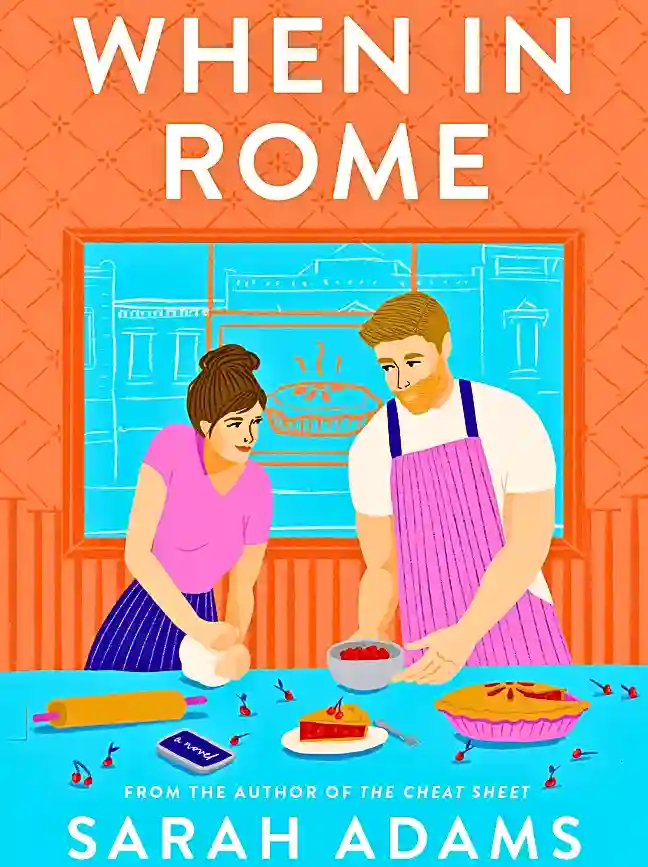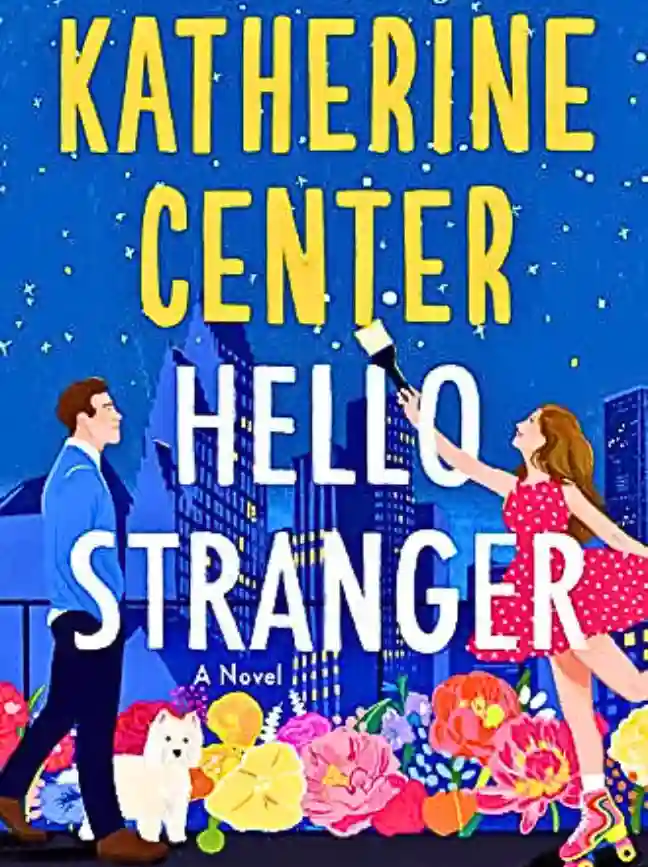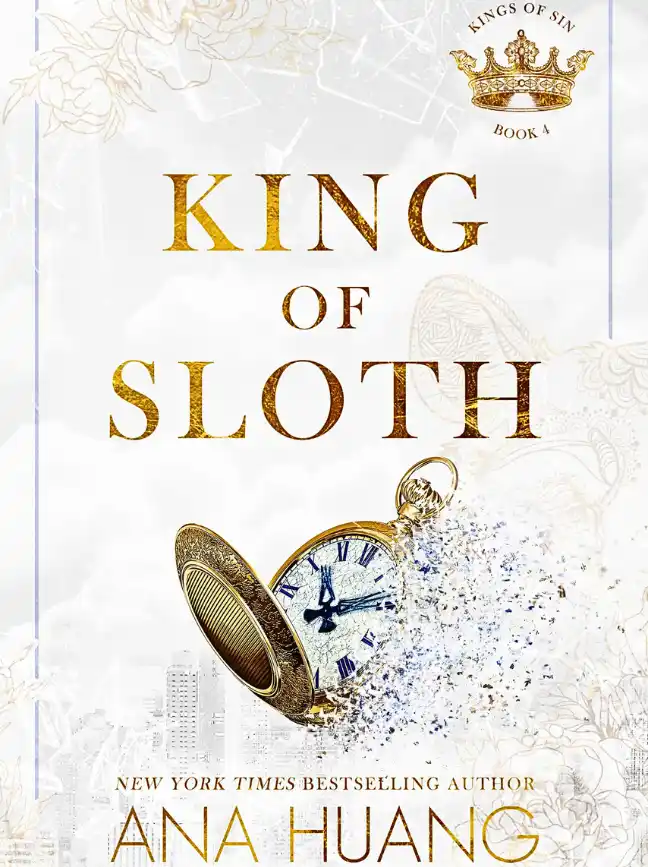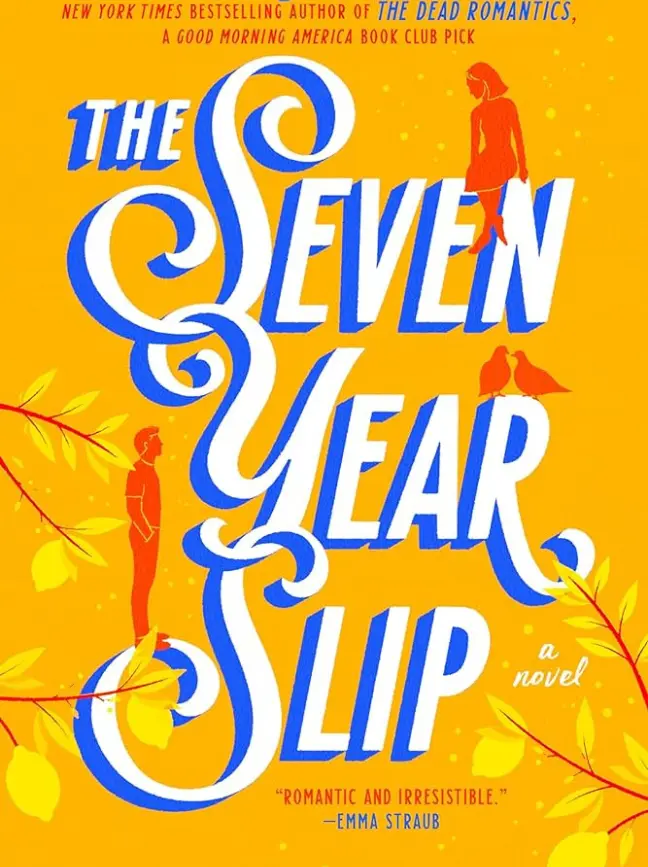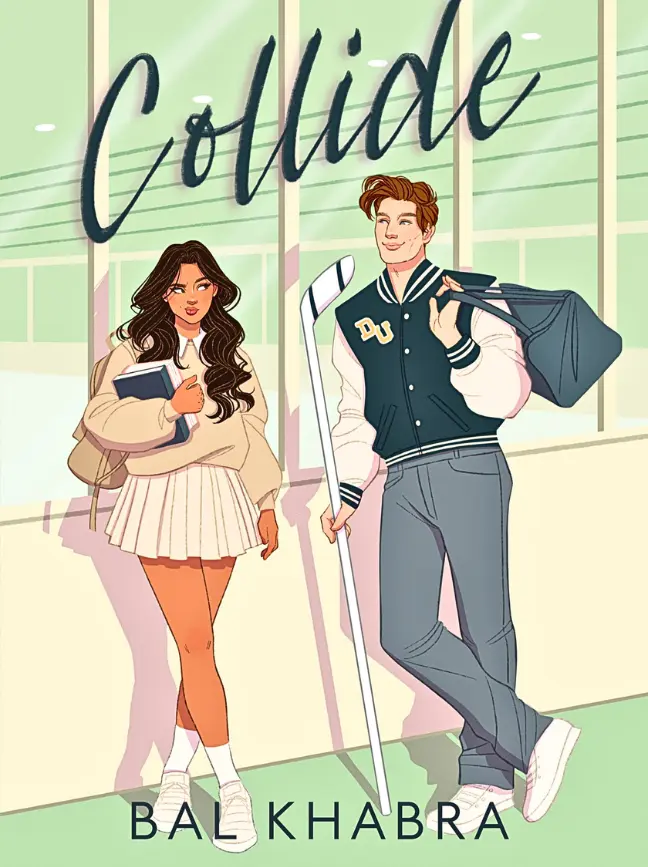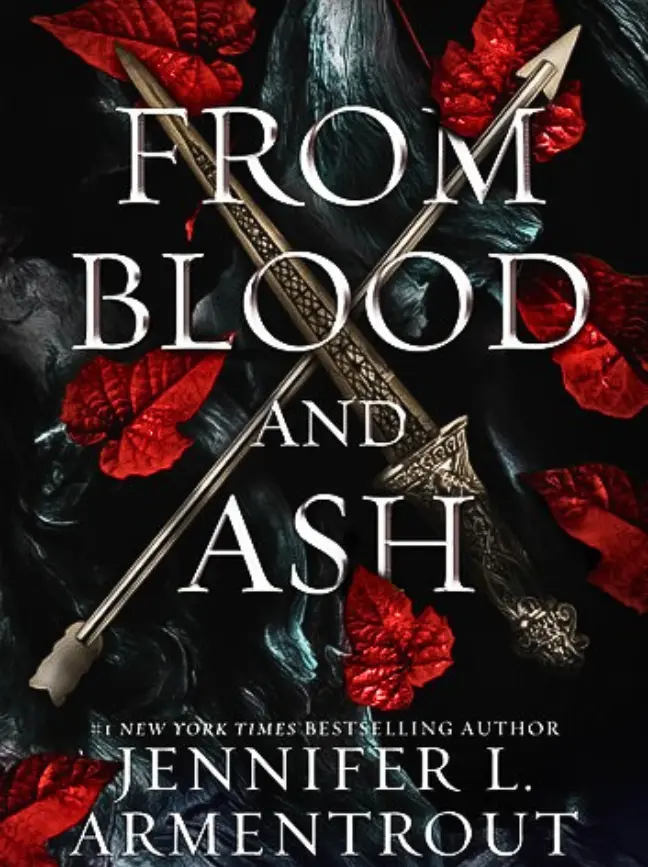I SAT IN SULLEN silence, glowering at the sea. A fortnight had passed since my meeting with Father, and in that time I had done my utmost to avoid him. So I sat beneath the shadow of a sheltering spur of rock on the stony strand that passed for beach at the base of our acropolis. There, away from
the cameras and the eyes of the watchful guards, a boy could sulk as nature intended. My hand fully healed, I reclined against the cliff face, scratching at a page in my journal, rendering a profile of the deep-sea trawler making her placid way to port, dwarfing the little fishing junks—red-sailed and
white—that dotted the sea from shore to sunrise.
A gull dove through the salt air and pierced the ocean’s surface, emerged dripping with a fish in its beak. I watched it go, then watched the ship I was drawing slip farther into the distance, rounding the cape and the lighthouse toward the city and the mouth of the river.
The corner of Father’s crystal chit cut into me through my pocket, and I was reminded acutely of the encoded holo it held: a recording of my father, verified by terabytes of authenticating code, declaiming my qualifications for the proctors of the Chantry school on Vesperad. I had watched the recording half a hundred times in the past two weeks. Each time my private stash of the house wine was diminished; each time my journal grew another page.
Frustrated, I shut the book on my pencil and leaned my head back
against the stone. My hand still ached where it had been shattered, though I knew that would fade in time. I massaged it with my left hand, noting the
collection of tiny pinhead scars that stippled the pale skin from fingertips to mid-forearm. They shone in Delos’s silver sunlight, and I flexed the
creaking fingers, baring my teeth a little at the discomfort. Tor Alma, my
family’s physician, swore the bones were back in working order, but I swore in turn that they’d grown oddly, were as uneasy as new teeth.
“Is this where you get to when you want no one to find you?”
I didn’t need to look round to know who it was. “Apparently not.”
Tor Gibson, leaning heavily on his ash-wood cane, bobbed into my view from the right, having just descended—incredibly—a flight of several hundred steps cunningly masked by the craggy randomness of the cliffs.
The hem of his fine viridian robes trailed in the sand, though if he noticed he did not seem to mind. “You were late for your lessons.”
“Impossible. It’s ten in the morning.” I shut my eyes and rested my head back against the stone. Still I sensed him looming above me, and I cracked an eye to see the almost, almost bemused expression on his wrinkled, leathery face.
“It was three hours ago,” my tutor replied with a desultory nod. “It’s nearly noon.”
I stood so fast an onlooker might have thought I’d burned myself, or else been stung by one of the anemones common along the seacoast. “I’m so
sorry, Gibson. I didn’t realize. Must have lost track of time. I . . .” I fumbled for an excuse, had none.
The old man raised a hand. “Don’t worry about it. You didn’t really need another rhetoric primer.”
I made a face. “Perhaps not.”
With exquisite slowness, Gibson lowered himself onto the last of the
steps that ascended the cliff face toward the castle. I hurried to help him, but he waved me away. “That’s the second time in as many weeks that you’ve missed a lesson, Hadrian. It’s not like you.” I only grunted in response, and Gibson let out a great rush of air. “I see. Maybe you could use that rhetoric primer after all.”
Scowling, I turned away and walked out to where the stone ended and the sand ran down to silver-glass waters. With no moon to pull at it, the sea was always placid, eddying only a little over the beach. “I still can’t believe it. The blasted Chantry, Gibson.” We’d already had this discussion. Twice.
“You could be great, you know.”
“I don’t want to be great, damn it.” I kicked a stone with the inside of my foot, sending it skittering out over the water. Out there, another gull dived. “I told Father I wanted to be a scholiast. I told you that, didn’t I?”
There was utter defeat in my voice, tempered by mocking self-criticism, as if only the Emperor’s own fool would do such a thing.
The other man was silent a long while—for so long, in fact, that I almost repeated my question. At last he quavered, “You told me.” Looking back over my shoulder, I found the scholiast—his green robes blown by the sea wind—sitting with his chin propped on the brass handle of his cane, misty
eyes glassed over in thought. “You have the aptitude for it. You’re sharp
enough. I’ve spoken to your father about it myself on a couple of occasions. He rejected the idea out of hand.”
Glossing over this additional news, I pressed, “But I could do it? Be a scholiast?”
Gibson shrugged both shoulders. “Given time, they could teach you to think properly, aye. But Hadrian, you should not challenge your father in this thing.”
Affecting my best face of patrician contempt, I said, “It’s my burden to bear. Is that what you’re saying?”
Abruptly switching to Classical English, the scholiast said, “If survival calls for the bearing of arms, bear them you must.”
I raised an eyebrow at the man and in my native tongue asked, “Shakespeare?”
“Serling.” He looked up at the sky, at the threaded clouds like
windblown gossamer in the white sunlight. “Though I suppose the quote
would be more fitting if it were the Legions your father were sending you to join.”
“There’s the Inquisition,” I said, scowling. “They’re worse.”
Gibson rocked his head in the affirmative, keeping his chin planted
squarely on his cane. “True enough.” He scratched one leonine sideburn, speculation in his shriveled face. “I don’t see that there’s a way out of this
for you, my boy. If your father’s gone to the trouble of drafting the letter on that chit, you can bet he’s waved it on to Vesperad. The deal’s done.
Sealed.”
My head shook without my telling it to do so. “I can’t accept that.”
Gibson caught the nervous tension in my face and pointed a knobby finger at my chest. “That way lies madness, Hadrian.”
I looked up sharply. “I’m sorry?”
“Fear is death to reason.” The words were a reflex, his mind’s automatic response to the named emotion both in himself and in others.
I blinked, stopped my search for a stone to throw, and said, “I’m not afraid.”
“Of joining the Chantry? Of course you are.” He looked me plain in the face, his own no different than that of a statue, the only creases there those of time, not of expression. He might have been cast from bronze. “You want to be a scholiast? Master that fear of yours or you’re no better than the rest of them.” Here he waved a hand in the vague direction of the castle as if to encompass all of lay humanity. “Imitate the action of the stone. Never let the future disturb you. You will meet it if you have to with the same
weapons of reason which today arm you against the present.” I failed to recognize the quote at the time: Marcus Aurelius. Another Roman.
Smiling, I quoted back, an aphorism from The Book of the Mind: “The frightened man eats himself.”
Any other sort of man might have smiled, but Gibson’s mouth only quirked as he nodded his approval. “You know these things, but you haven’t learned them.” Another silence fell between us, and I turned back to watch the birds at their hunting. They were proper gulls, descended from seed
stock brought to Delos with her oceans countless centuries ago. True terranic gulls, white and gray, such as plied the shores of Old Earth all the way back in Sargon’s day and beyond. “The Chantry’s not a bad option.
You’d stand above the lords of the Empire. See the Empire, the
Commonwealth, maybe even the Tavros Demarchy. You’d have an opportunity to put your training to good use.”
“I was supposed to be training in diplomacy, not . . . not . . .” I couldn’t find the word.
“Theology?”
“Propaganda!” I sneered. “That’s all it is. They keep everyone in line with fear, Gibson, even Father. You know he said that’s why he’s sending me to them? He said he needed someone there ‘on his side.’ Like he was planning something illegal.” I ground my teeth again. “Is that all I am? A tool? Is he trying to cheat his way into a proper title?”
As I waited for a reply, I watched the scholiast, who sat like the icon of Ever-Fleeting Time in our Chantry sanctum, wasting away, hunched over his cane. But it was the scholiast who replied, and not the man beneath. “In the technical sense, all the palatine houses have children for precisely that reason. It’s about strategy.”
“Chess pieces.” I spat on the strand. “I don’t want to be a pawn, Gibson.
I don’t want to play.” I have always hated that metaphor.
“You have to play, Hadrian. You’ve no choice. None of us has.”
“I’m not his.” I said the words as a snake might, glaring at my teacher, venom dripping from my tongue.
The scholiast’s dim eyes narrowed. “I never said you were. We’re all pawns, my boy. You, me, Crispin. Even your father and the vicereine-duchess. That’s the way the universe works. But remember!” His voice
cracked upward, and he jounced his cane against the weathered white stone. “No matter who tries to move you, be it your father or any man of power, you have a choice, because your soul is in your hands. Always.”
It was strange to hear Gibson—to hear any scholiast—talk of souls. Not knowing what to say, I looked away again, back to the birds and their predation. I moved across the strand back to the stone where I had been
sitting and scooped up my journal, wincing with pain as my sore fingers closed on the black leather volume. “What choice is that?” I didn’t look back at him, returned my attention to the birds and their hunt.
Gibson didn’t answer. I knew why. Even here, away from the castle and its pricking ears and prying eyes, he could not speak treason. The instinct for obedience ran too deeply in the man. But what form of obedience? I
wondered, and I wonder still. Instead he asked, “What are you looking at?” “The fish.”
“You can’t see the fish.”
“Not until the birds get them,” I answered, pointing, though I supposed the old man could not see even then. I realize now that I do not know how old dear Gibson was. His skin was like old parchment, drawn and stretched. And his eyes—do you know how old a man of high birth must be to begin to lose his vision? I have known men more than five hundred years old
whose sight was sharp as flensing knives. Sometimes I think my beloved tutor was the oldest man I ever knew, discounting only myself.
Ever the Socratic, the scholiast asked, “And what, pray tell, about the fish has your attention at a time like this?”
In a muted voice, I breathed, “It’s fate.”
“What?” Gibson asked, the knee-jerk query of the deafening man.
I was glad he hadn’t heard me; I could imagine the abrading I’d have gotten for daring to reference something so tawdry and mystical as fate. I
spun to face him, shrugged, and reframed my thought. “They have no say in being eaten. Pawns again. Biology is destiny.”
Gibson cocked one bushy eyebrow as he snorted. “Must everything you say sound like it’s straight out of a Eudoran melodrama?”
“What’s wrong with melodrama?” I brightened, relieved at the faint breath of humor.
“Nothing, if you’re an actor.”
“All the world’s a stage.” I spread my hands, attempted a smile, entirely certain that this, at least, was Shakespeare. Weakly I tried to laugh, but I
stopped almost as quickly as I’d begun. Gibson shut his eyes for a two-
count of breaths, a gesture I had learned from long experience was the man exerting his psychic faculty to suppress his own bout of laughter. The mind must be like the sand in a garden, raked clean, wrote the scholiast Imore in the third millennium. “I just feel like one of those damned fish right now.”
The old man pressed his lips together. “I don’t know what to tell you.” “I don’t want to go to Vesperad, Gibson.”
“Why?” Not an argument but a probing question. Damn Socrates to the Outer Dark for all of time . . .
I opened my mouth, closed it again. Looked up at the castle. Opened it
again and said, “Because . . . because it’s all a load of horseshit. The Cult of Earth, the icona. None of it’s real. The Earth’s not going to come back to us green and pure again if we repent for the sins of our ancestors.” I shook my head and spat the next words out like bile. “Bread and circuses.” I felt dirty just saying it, owning that piece of Father’s tradition. I was hard on religion as a boy where I should have been hard only on the Chantry.
Gibson’s mouth did twitch then, forming a fractional impression of a smile. Was it triumph I saw there? Then it was gone, and he said, “You should really keep that to yourself, you know.”
“You think I don’t know that?” I pointed up at the tenebrous mass of
Devil’s Rest far above. “I didn’t tell him that! Earth and Emperor, man! Do you think I’m an idiot?”
“I think,” Gibson replied with extraordinary care, “that you are an archon’s son and lack a commoner’s caution.”
I barked a short laugh at that, cold and humorless. “Caution? Gods in hell, Gibson, have I not shown enough caution? I’ve tiptoed around Father and Crispin for years. And Eusebia and Severn and the other chanters. I
need to do something . . .” A mad grin stole over my face then as I realized what that something was.
“I don’t like the look of that at all.” The scholiast almost scowled at my display of emotion.
The scheme assembled behind my eyes, thudding into place one lumbering component after another. “I’m not going.” I said the words like a prayer, small and certain and powerful. “I’m not going to Vesperad.”
“You have to.”
“No!” I pointed at Gibson, brandishing my journal at him. “You said I have a choice.” I looked down at the crumpled man on the steps, a feral grin lighting my eyes. “You could draft a letter of introduction to the athenaeum primate on . . . Teukros, say.” Wearily Gibson looked up at me, a curious
expression in those cloudy gray eyes, dangerously close to a coherent and lingering feeling. He pressed his lips together and stood, grunting with the effort. My proposal unanswered, momentarily forgotten, I moved forward
to help him stand. Even with his back bent by untold centuries, the scholiast was taller than me, clear evidence that his was some antique bloodline old
as empires. Into the reborn quietude I said, “You could, couldn’t you? For me?”
We both knew what it was I asked. It was an act of treason, a betrayal of his lord and of centuries of service here in Meidua. Gibson had known my father all his life. Perhaps they had stood on this same strand, the scholiast advising a young and frigid Alistair on how to cope with the difficulties of ruling. Father had been barely fifty, after all, when a homunculus—a gift from one of his Mandari competitors—had killed my grandfather and thrust the title of archon upon him. Old Lord Timon had died abed, strangled by that artificial person while in the throes of lovemaking. It had taken Father the better part of a century—and the Battle of Linon—to make the lords of
the Delos System forget that embarrassment. Part of me wondered if Gibson had counseled that attack, if the air had been blown from House Orin’s
castle at his suggestion and the bloodline destroyed by his word.
Voice ragged, the words broken pieces of themselves, Gibson replied, “I can.”
I threw my arms around the man who was dearer to me than my own father, trying to suppress the warm joy in my chest. “Thank you! Thank you, Gibson.”
Living as I did in a world of servants and masters and politics, I was a stranger to real friendships. My relationship to my parents could not at all be described as a loving one. So too my relationship with Crispin was
characterized by my distaste for him. My bonds with the others of my father’s court—with Sir Felix and Sir Roban, with Tor Alma and Tor Alcuin and Eusebia the Prior and all the rest—were only the attachments of student and teacher or of master and servant. Even my nascent feelings for Kyra— though I did not know or appreciate all of what that meant—were passed through the sanitizing membrane imposed on my life by my station. Only
Gibson had broken through. He was, as I have said, the closest thing to a father I ever had.
And that damned us both.


